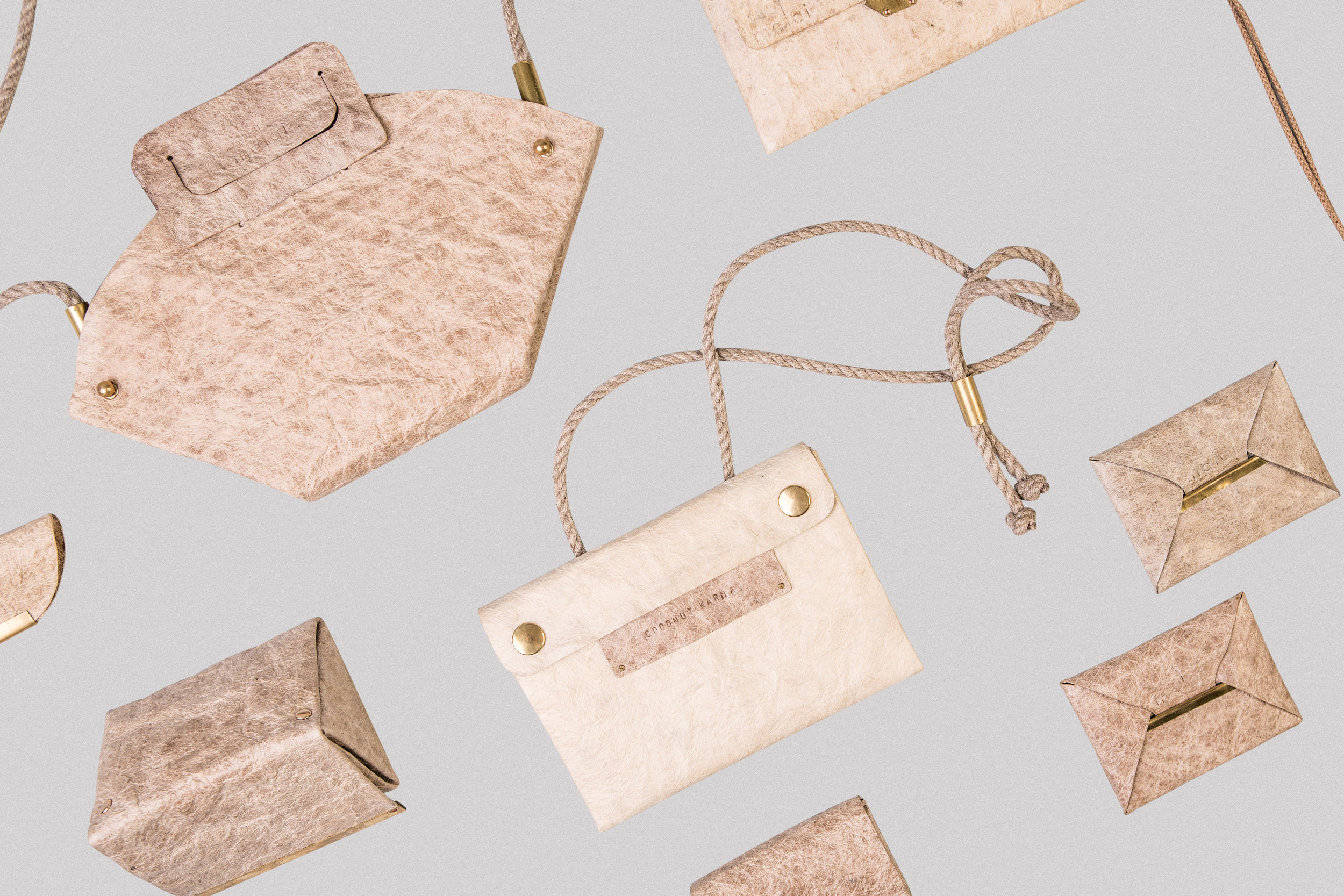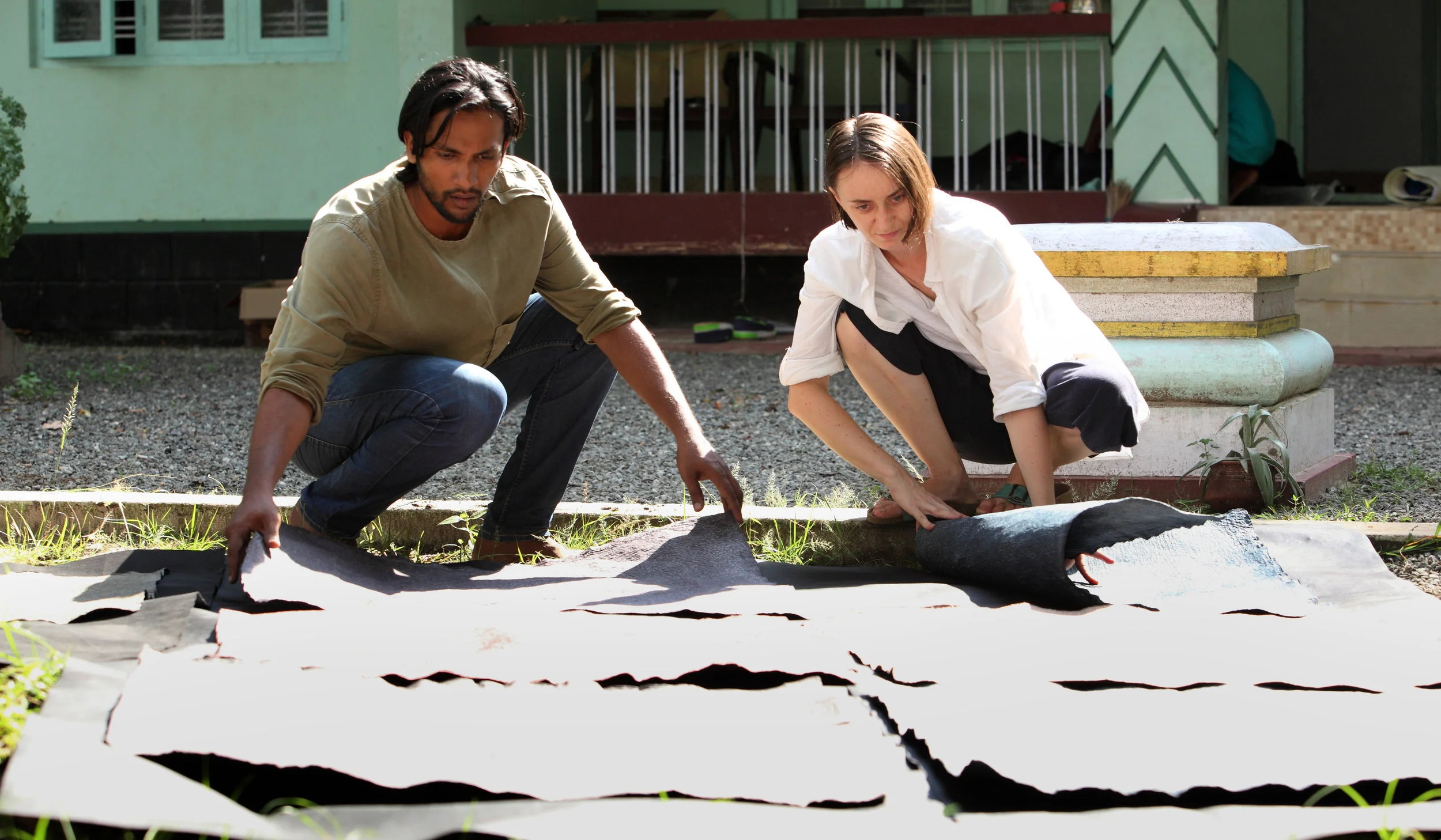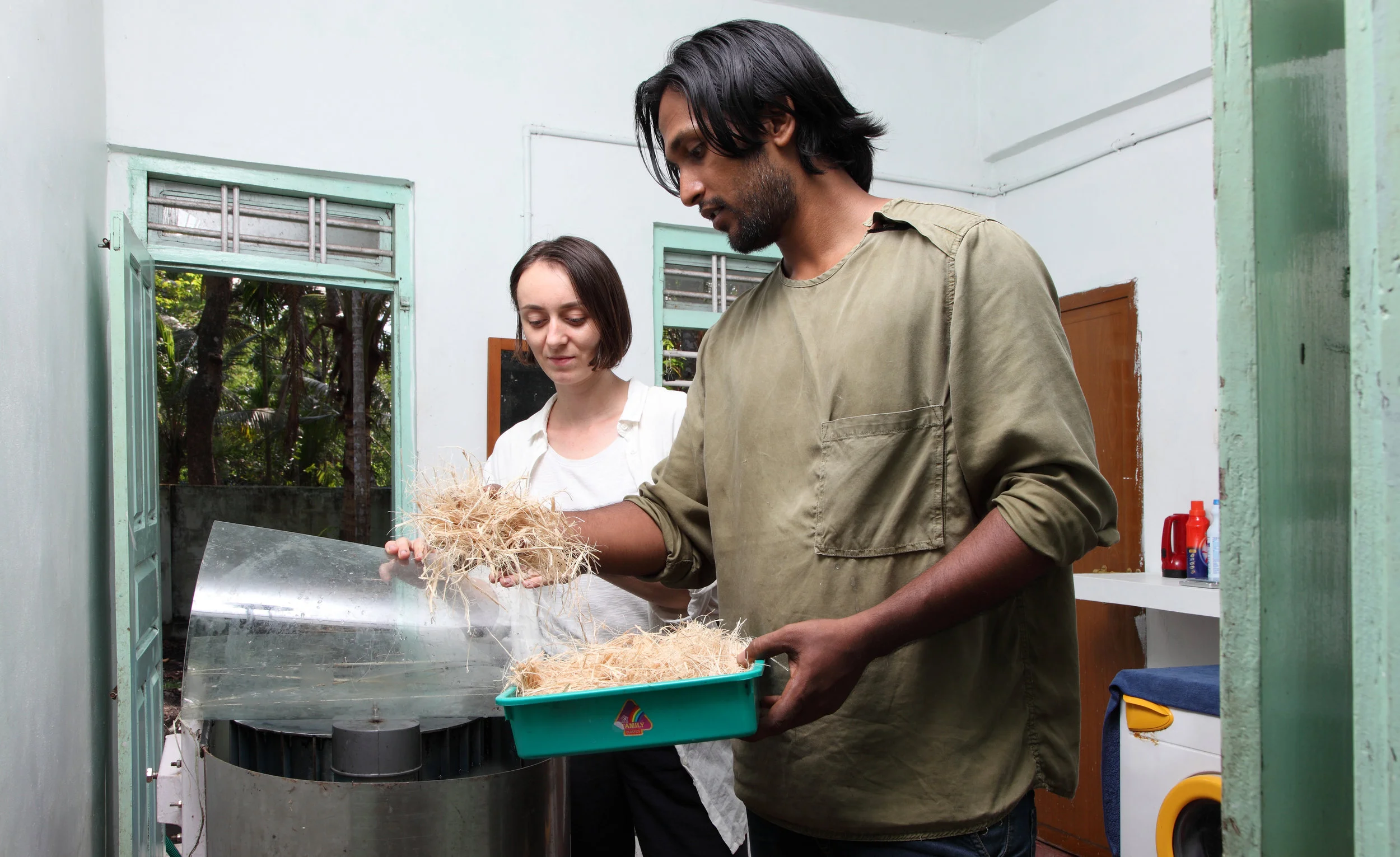INNOVATION IN FASHION EXISTS IN SOME OF THE MOST UNEXPECTED PLACES. NOT JUST A LABEL CONTRIBUTOR ARDILLA DENEYS DIGS DEEPER INTO THE CURRENT LANDSCAPE OF MATERIAL ALTERNATIVES, HIGHLIGHTING INNOVATIVE COMPANIES THAT ARE PUSHING THE LIMITS OF CREATION AND OFFERING FURTHER INSIGHT INTO THE SCIENTIFIC WORKINGS OF IT ALL.
Chances are fairly high that you've heard of, or even worn, pleather. It's an alternative to real leather, but what many may not realize is the detrimental impact it has when it comes to the environment. Pleather, with its varying qualities, has relied on polyurethane in place of animal skin. However, an increasing number of product designers and material scientists are proving that we can do better by growing new material with biology and agricultural waste to create a circular economy.
Vegan leather grew into a $93 billion industry due to its promise to rid the world of using animal skins for leather. Unfortunately, pleather, the most widely used of the vegan leathers, is made of plastic. Thankfully, an increasing number of product designers and material scientists are proving that we can do better growing new material with biology and agricultural waste.
One start-up working on the dream of plastic-free vegan leather is Kombucha Biomaterials based in Charlottesville, VA.



